-

Duration: October 2022 - March 2024
Budget: US$716,351
Implementing Agencies: World Academy of Art & Science (WAAS), Human Security Unit (HSU)
The programme’s key objective is to enhance global awareness and acceptance of human security as a universal and proven framework for effective policies, strategies and programmes in a world faced with a confluence of complex crises and accelerating megatrends that if left unmanaged will exacerbate vulnerabilities and inequalities and further undermine the solidarity and trust so urgently needed to meet the priorities of people across the world. It does this by creating a global campaign entitled ‘Human Security for All’ (HS4A). MORE -
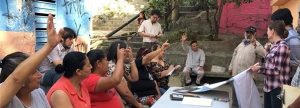
Duration: September 2022 - December 2024
Budget: US$431,205
Implementing Agencies:
Recognizing the essential role of the private sector as an employer, supplier and investor in all societies, including those facing complex development and conflict challenges, the international community is encouraging the meaningful engagement of the private sector in realizing sustainable development. To this end, LSE IDEAS in partnership with the Human Security Unit elaborated the Human Security Business Partnership framework (HSBP) as an innovative instrument that applies the human security approach to support the engagement of the private sector in multi-stakeholder collaborations at the local level to achieve sustainable development outcomes. The HSBP is a timely contribution to help structure sustained dialogue between governments, communities and companies, meeting the growing expectations for companies to contribute to the 2030 Agenda for Sustainable Development. MORE -
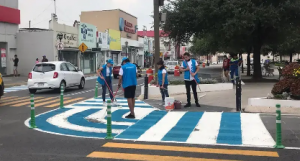
Duration: March 2022 - April 2024
Budget: US$450,000
Implementing Agencies: UN-Habitat (lead), UNODC, UNODA, World Bank, OHCHR, HSU
Today, half the world’s inhabitants reside in cities, a phenomenon driven by the continuous migration of people from rural to urban areas and the rapid demographic expansion of urban populations, especially in the poorest countries.MORE -
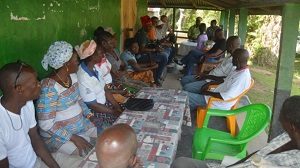
Duration: December 2017 - August 2021
Budget: US$373,308
Implementing Agencies: UNIDO and the London School of Economics
Agenda 2030 calls for people-centred, integrated, and contextually relevant frameworks that leave no one behind. The programme through a series of global trainings and regional symposiums will build the capacity of UN staff, Government representatives, regional organizations and civil society groups on the application of the human security approach and its contribution to the achievement of the Sustainable Development Goals (SDGs).MORE -
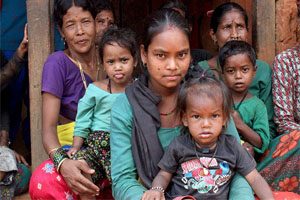
Duration: November 2016 - April 2018
Budget: US$260,454
Implementing Agencies: UNSSC
Agenda 2030 calls for people-centred, integrated, and contextually relevant frameworks that leave no one behind. The programme through a series of global trainings and regional symposiums will build the capacity of UN staff, Government representatives, regional organizations and civil society groups on the application of the human security approach and its contribution to the achievement of the Sustainable Development Goals (SDGs).MORE -
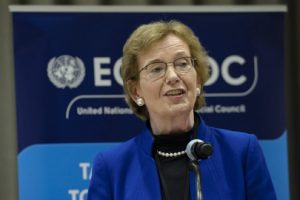
Duration: June 2016 - December 2016
Budget: US$300,000
Implementing Agencies: OCHA
Through the deployment of two Special Envoys, the programme raised awareness on the impact of El Niño and climate change and led to the development and publication of the Blueprint for Action, which adopts the human security approach and its people-centred, comprehensive, context-specific and prevention-oriented principles.MORE -
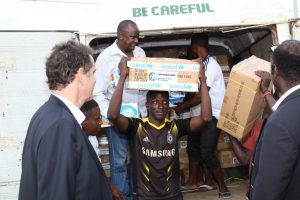
Duration: May 2016 - August 2017
Budget: US$811,005
Implementing Agencies: Office of the Special Adviser on the 2030 Agenda for Sustainable Development and Climate Change
The Ebola outbreak and the response by governments and international organizations revealed shortcomings in the manner in which national and international systems were configured to respond to health emergencies. In April 2015, the Secretary-General commissioned the High-level Panel on the Global Response to Health Crises (“Panel”) to undertake a wide range of consultations and to make recommendations to strengthen national and international systems to prevent and manage future health crises taking into account lessons learned from the response to the outbreak of Ebola virus in West Africa.MORE -
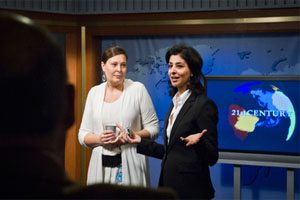
-
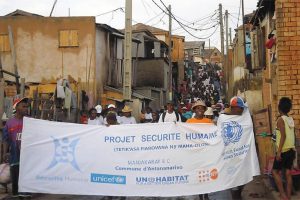
Duration: January 2008 - December 2012
Budget: US$308,571
Implementing Agencies: UNDP
The programme offered targeted support to four countries (Benin, Djibouti, Pakistan and Uruguay) interested in producing National Human Development Reports (NHDRs) from the human security perspective. The programme provided valuable avenues for the application of the human security approach and its contribution towards national development plans.MORE -
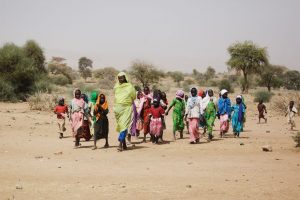
Duration: May 2005 - April 2007
Budget: US$115,266
Implementing Agencies: DPA
The programme contributed to discussions related to the 2005 UN summit on the Millennium Development Goals and the Report of the High Level Panel on Threats, Challenges and Changes. Specifically, the programme examined various approaches to the promotion of human security and presented practical experiences to generate human security initiatives by Governments.MORE -
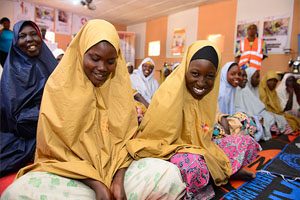
Duration: January 2005 - December 2010
Budget: US$997,052
Implementing Agencies: UNICEF
The programme was set up to complement ongoing efforts to prevent and treat obstetric fistula in three high priority countries – Nigeria, Mali and Pakistan. By capitalizing on available domestic expertise and knowledge, the programme strengthened capacities to prevent fistula from occurring while reintegrating women with fistula into their communities.MORE -
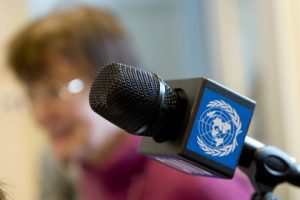
Duration: January 2003 - December 2004
Budget: US$2,087,109
Implementing Agencies: OCHA
The programme supported the operation of IRIN, a multimedia news service that served as an early warning system, alerting communities as well as the outside world to the pressing needs and the emerging threats in ten countries. The programme gave voice to the voiceless and strengthened the capacities of local journalists to report on issues in a fair and impartial manner.MORE -
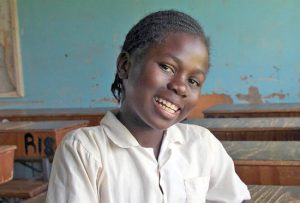
Duration: October 2002 - March 2006
Budget: US$3,030,000
Implementing Agencies: UNIFEM
The programme’s overall objective was to bring greater understanding on the interlinkage between gender inequalities and the HIV/AIDS epidemic. Accordingly, the programme promoted gender awareness as central to HIV/AIDS education, and integrated women’s rights into legislation on HIV/AIDS policies at the local, national and regional levels.MORE -
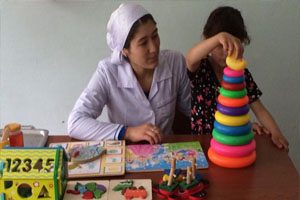
Duration: November 2001 - June 2003
Budget: US$1,628,327
Implementing Agencies: UNDP
The programme increased the understanding of the human security approach by supporting research on the nexus between health, education and inequality and provided evidence-based information to establish integrated policies that took all three elements into consideration. Research produced by the programme was shared with the UN system, Member States, civil society, and academics.MORE -
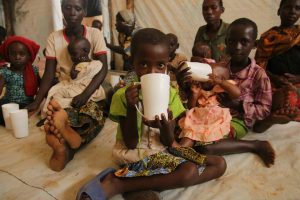
Duration: January 2001 - March 2002
Budget: US$1,262,500
Implementing Agencies: UNHCR
The programme supported the process of reintegration and co-existence in ethnically divided communities. By building the capacities of UNHCR and other humanitarian workers, the programme examined how initiatives in education, the arts, sports, and economic development can offer refugees, returnees, and other survivors of group conflict reasons to work together and create a base for relating constructively over time.MORE
